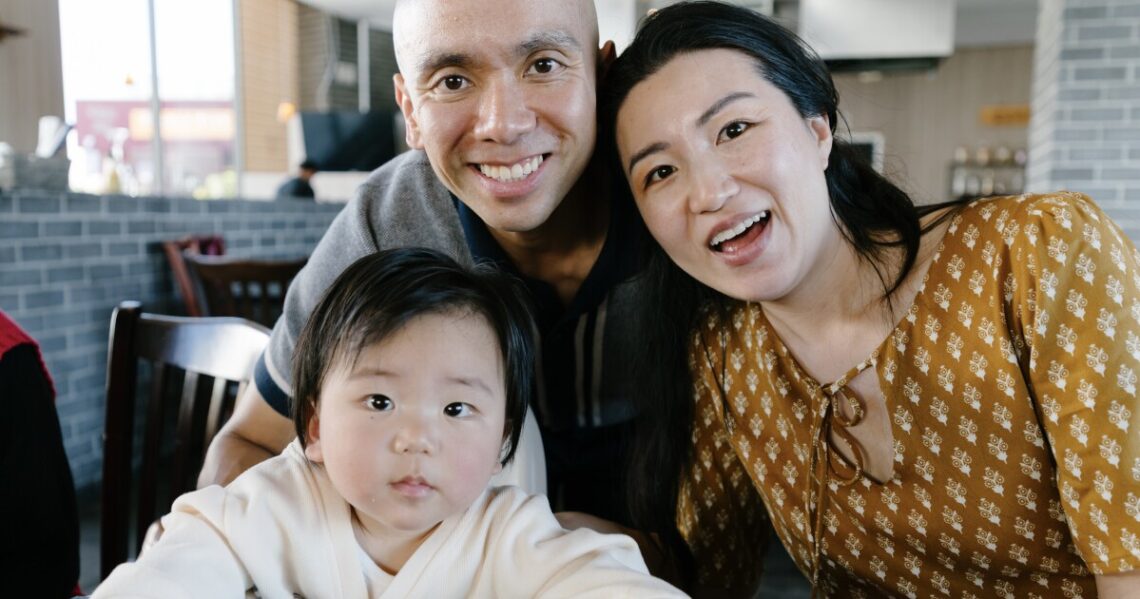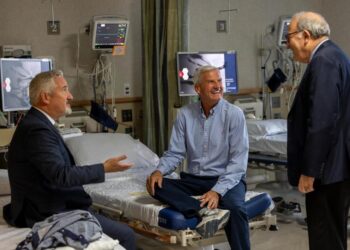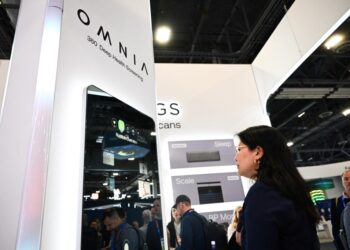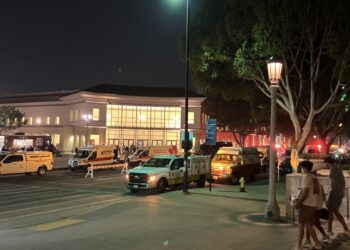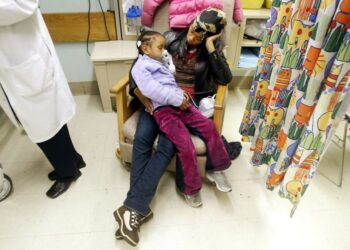For months, Arthur Yu wondered if he could find someone to donate stem cells to save his life.
The 41-year-old media strategist and new father from Mid City had been diagnosed with a fatal disease — acute myeloid leukemia or A.M.L. — last March. A stem cell transplant would produce healthy new blood cells and give him an 80% chance of survival.
With no viable donors among immediate family in the U.S., Yu’s relatives in the Philippines took cheek swabs to see if they were a match. Out of the group, a 46-year-old cousin living in the countryside emerged this summer as the strongest match, and just as importantly was willing to hop on a plane to take part in the medical procedure.
If only it were so easy.
His cousin’s request to come to the U.S. for the medical emergency was denied Dec. 18.
“It was shocking,” Yu said. “We knew it was a possibility but it felt like it was a low risk.”
Yu and his family are now racing against time to try to reverse the decision, and have sought help from the office of U.S. Sen. Alex Padilla, which says it has made a congressional inquiry on behalf of Yu’s cousin.
Yu has quickly discovered he’s not the only cancer patient mired in the U.S. immigration system and that his case is the latest to underscore inequities facing some cancer patients in need of transplants from overseas relatives.
The Philippines is one of the countries in which nationals are required by the U.S. to get a travel visa to visit. In its denial, the State Department cited a section of immigration law, indicating the cousin had not proven he would return to the Philippines after a temporary stay in the U.S.
Yu has since connected with a network of cancer patients from immigrant families. Their relatives from certain countries in Asia, Africa…
Read the full article here

